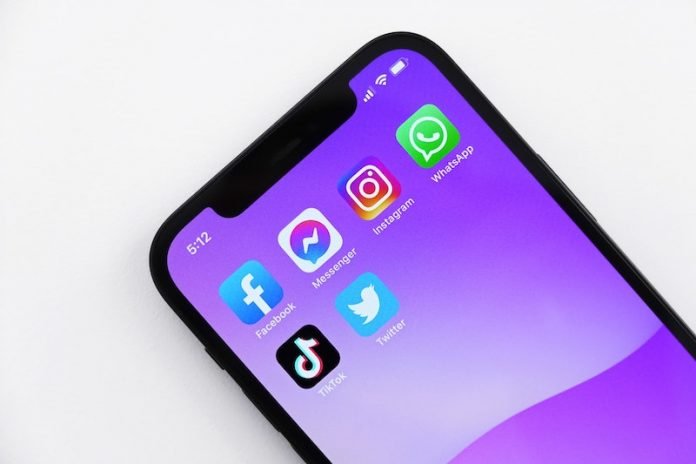
Scientists from the University of Bath found asking people to stop using social media for just one week could lead to big improvements in their well-being, depression, and anxiety.
The research is published in Cyberpsychology, Behavior and Social Networking and was conducted by Dr. Jeff Lambert et al.
In the study, the team examined the mental health effects of a week-long social media break.
They allocated 154 individuals aged 18 to 72, who used social media every day, into either an intervention group where they were asked to stop using all social media for one week or a control group, where they could continue scrolling as normal.
For some participants, a week-long break meant freeing up around nine hours of their week that they would otherwise have been spent scrolling Instagram, Facebook, Twitter, and TikTok.
Participants reported spending an average of 8 hours per week on social media at the start of the study.
The team found one week later, the participants who were asked to take the one-week break had big improvements in well-being, depression, and anxiety over those who continued to use social media, suggesting a short-term benefit.
Participants asked to take a one-week break reported using social media for an average of 21 minutes compared to an average of seven hours for those in the control group.
The results suggest that just one week off social media improved individuals’ overall level of well-being, as well as reduced symptoms of depression and anxiety.
The team says social media usage is huge and that there are increasing concerns about its mental health effects.
Many of the participants reported positive effects from being off social media with improved mood and less anxiety overall. This suggests that even just a small break can have an impact.
Researchers suggest that if you are spending hours each week scrolling and you feel it is negatively impacting you, it could be worth cutting down on your usage to see if it helps.
Over the past 15 years, social media has revolutionized how we communicate, underscored by the huge growth the main platforms have observed.
Feeling “low” and losing pleasure are core characteristics of depression, whereas anxiety is characterized by excessive and out-of-control worry. Well-being refers to an individual’s level of positive affect, life satisfaction, and sense of purpose.
If you care about mental health, please read studies that the pandemic has people stuck in a bad mental/physical loop, and this blood pressure drug may help reduce anxiety and pain.
For more information about COVID, please see recent studies about drug duo that may cure COVID-19, and results showing coffee and veggies may help prevent COVID-19.
Copyright © 2022 Knowridge Science Report. All rights reserved.



